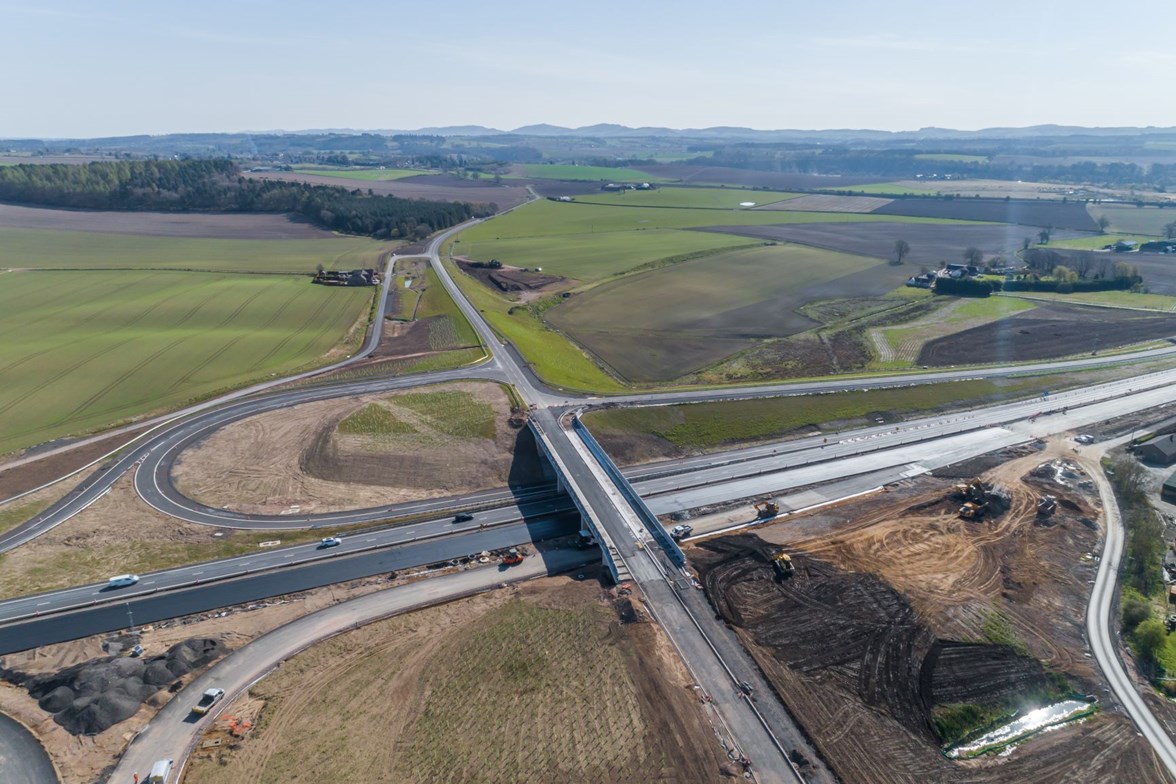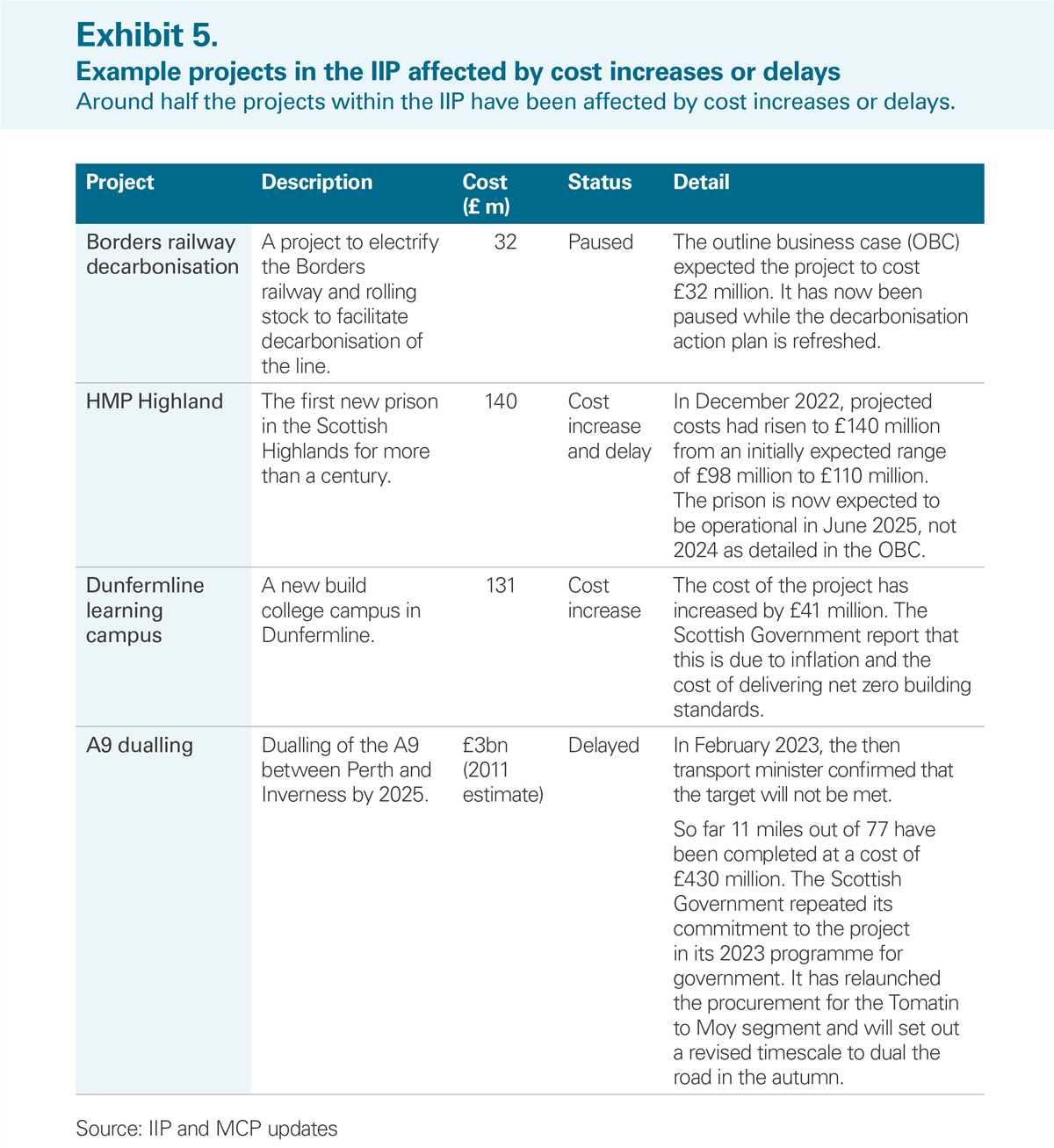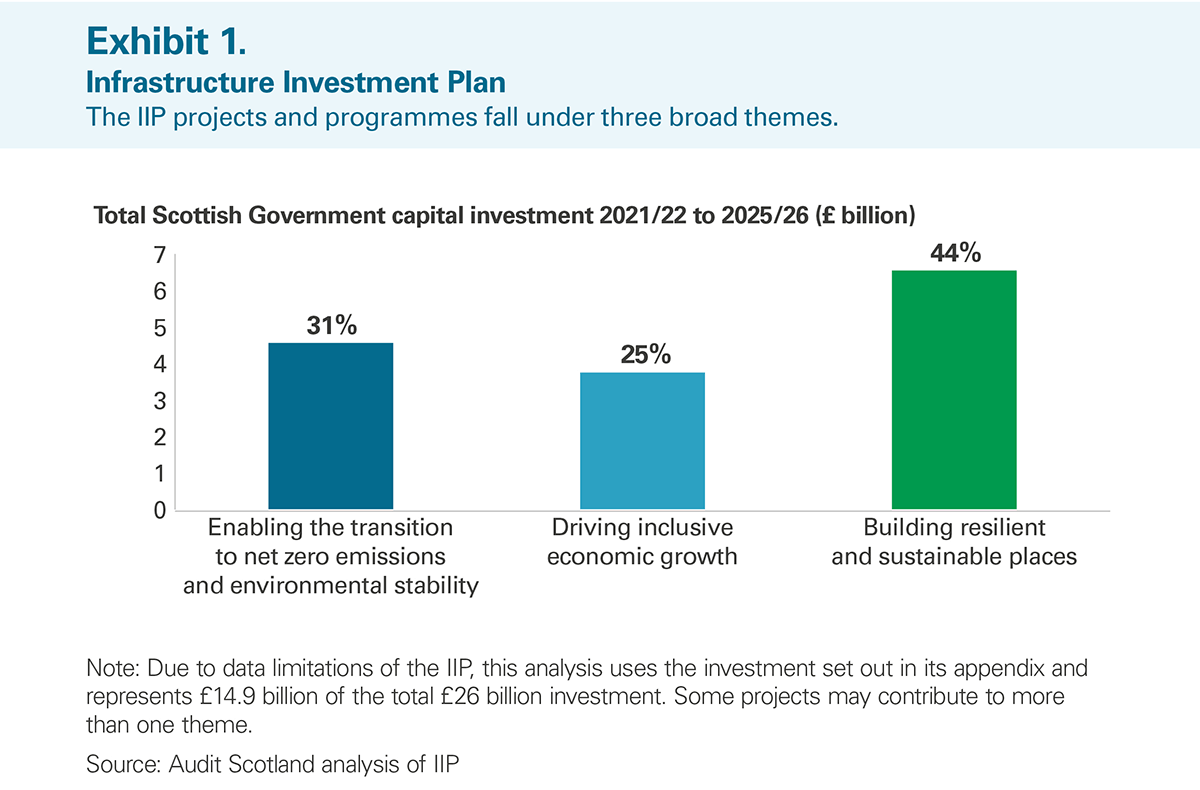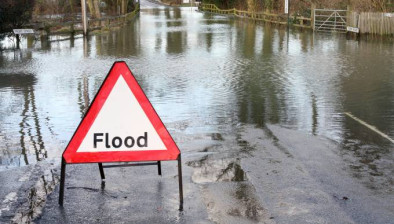Scotland set to miss £26bn public sector infrastructure target, auditor warns

Only 11 miles of the 77-mile A9 dualling project have been completed
The Scottish Government no longer expects to have enough money to deliver all its planned £26 billion investment in public sector infrastructure, Scotland’s public spending watchdog has warned today.
A new report published by the Auditor General reveals that a combination of reduced capital budgets, higher costs and increased maintenance requirements will leave ministers with “difficult decisions to make” on prioritising capital spending, including pausing or stopping planned projects altogether.
The Scottish Government’s investment plan focuses on driving inclusive economic growth, enabling the transition to net-zero emissions, and building resilient and sustainable places. But, the watchdog said, it is not always clear how the Scottish Government is directing funding to these three infrastructure investment priorities, or how it will contribute to reducing greenhouse gases.
The Scottish Government anticipates a 7% real terms reduction in the capital block grant it receives from the UK Government between 2023/24 and 2027/8, and it expects its capital budget to be significantly less than it anticipated in 2022.
On top of that, existing public estate projects have been impacted by construction cost increases. By June 2023, out of 45 projects, the costs of eight had increased, 13 had been delayed and a further three had been paused. Overall, the cost increase between December 2022 and June 2023 for these projects and programmes is expected to be at least £55 million. A revised Infrastructure Investment Plan project list is expected alongside the 2024/24 budget.

Exhibit 5 in the report details individual projects impacted by increased costs
Auditor General Stephen Boyle has urged Scottish ministers to balance the cost increases with the demand for replacement buildings, amid warnings parts of the prison estate – including HMP Barlinnie – are causing “significant concern”.
The report also warns the Scottish Government will not be able to meet its plans to double spending on maintenance, however, with the NHS detailing its backlog at £1.1bn, ministers will have to reassess its infrastructure priorities, particularly as it faces “significant costs” to tackle buildings which including reinforced autoclaved aerated concrete.
“The Scottish Government will need to understand and deal with backlog maintenance as well as investing in new infrastructure,” the report said. “If it does not do this, it runs the risk of service interruptions and larger investments being needed in the future.”
Mr Boyle added: “Scottish Government spending decisions on infrastructure will affect public services, and ministers need to be transparent about how they are made.
“Efficient use of the public estate in the future is key to reforming public services, but the Scottish Government needs better infrastructure data to inform its planning.”
Among its recommendations, the Auditor General said the Scottish Government and other public bodies need to understand what they will require from their estates in the future.
“The Scottish Government is beginning a co-ordinated approach to reform how offices and other administrative buildings are used,” the report said. “Beyond this, individual public bodies are also responsible for managing their operational buildings, such as hospitals and colleges, more efficiently. In reforming the public estate, the Scottish Government should consider how all buildings can be used to best support the transformation of services as well as making savings and reducing the size of the estate.”
It added: “The Scottish Government and its bodies will need better data across all publicly owned buildings to do this. Clear and effective leadership will be needed to carry out this reform at the scale and speed required.”
The report has recommended that the Scottish Government should:
- Produce clear information that explains how it decided to prioritise, delay, or cancel projects and programmes in its Infrastructure Investment Plan (IIP). This should be published at the same time as its updated capital spending review.
- Provide clear and regular information, through its six-monthly major capital projects update and annual IIP progress reports, on how its infrastructure investment decisions support wider government goals such as addressing inequalities and tackling climate change.
- Ensure that its public reporting on infrastructure projects allows consistent monitoring of individual projects and programmes, including the benefits associated with them and where costs or timescales have increased.
- Move swiftly towards delivering its commitment to producing a public sector account for Scotland that reports on the assets and liabilities of the whole devolved public sector in Scotland.
In driving reform through the whole of the public sector estate, the Scottish Government has also been urged to:
- Review the administrative estate through the Single Scottish Estate programme and set out how it will use its operational estate more efficiently.
- Consider how the existing estate aligns with the services that will be needed in the future; this should include the demands of an ageing population, the increased levels of hybrid working, technology changes and net zero considerations.
- Collect information on the condition, occupancy, and cost of the wider public estate and ensure that this information is recorded consistently and regularly by its public bodies.
- Publish a revised estate strategy with clear objectives that can be measured and that link to the IIP’s hierarchy framework.
- Consider how the public sector estate can support the transformation of services as well as reducing the size of the estate and making it more efficient.
Murdo Fraser, business and economic growth spokesman for the Scottish Tories, said: “Ministers continue to receive billions in funding from the UK Government, yet are falling woefully short of delivering the infrastructure investment required.
“Because the SNP-Green government have made Scotland the highest-taxed part of the UK, our economy is uncompetitive and not generating sufficient growth to fund these crucial projects. And failure to invest in infrastructure will further hold us back, creating a vicious circle.”
Scottish Labour economy spokesperson Daniel Johnson said: “The SNP’s infrastructure plan is crumbling around them but they aren’t lifting a finger to deal with these major challenges. Schools, hospitals and public transport are all under threat as a result of this chaos.
“Ministers must listen to the warnings in this damning report and come clean with the public about their plans. We need a strong infrastructure plan to support public services and drive economic growth in Scotland.”

Willie Rennie, economy spokesman for the Scottish Liberal Democrats, said: “The SNP have created a vicious cycle. By failing to grow the economy, ministers have left less money for investment in critical infrastructure, which in turn only worsens economic performance.
“We need to end a decade of depressed growth and poor productivity.”
Deputy First Minister Shona Robison said: “The Scottish Government is firmly committed to infrastructure investment as a key factor in securing inclusive economic growth and delivering high-quality public services.
“The challenging economic conditions of the last few years resulting from Brexit and high inflation as well as the real-terms fall in the capital grant allocation from the UK Government have led to delays for some infrastructure projects.
“Looking ahead we are having to prioritise projects and programmes so the capital spending available is targeted. We have also started work on delivering a more efficient approach to the management of public sector property that will save public funds and enable organisations to step towards a net zero estate.”
















